Why the SEC’s mandatory Scope 3 reporting is great for business

- Author
- Marie-Anne VincentVP Strategy & Regulatory
- Category
- Guide
- Topics
- RegulationsCarbon
- Published
- 06 July 2022
As highlighted in our letter to the US Securities and Exchange Commission (SEC), climate disclosures across all three scopes are beneficial to companies, investors, and the planet — providing transparent and reliable information to help identify climate risks and opportunities in a cost effective way.
In the last few weeks, the debate around making Scope 3 mandatory has intensified. A key talking point is how the SEC’s draft climate disclosure rules would affect the smaller businesses that are embedded in public companies’ supply chains — but who aren’t actually regulated by the SEC.
But Scope 3 is where most emissions come from. Even if a company isn’t directly responsible for these indirect emissions per se, it relies on the activities that trigger these emissions. The Covid crisis was the first rehearsal on how your business can be impacted when your value chain is disrupted (i.e. no access to suppliers and raw materials, additional transportation delays for your products...).
The interdependencies of sectors within your business need to be identified and assessed. This is why measuring Scope 3 emissions is critical. And by engaging with your suppliers and portfolio companies, you can have a positive influence on the reduction of their collective emissions, and in turn lower the transition risk for the global economy.
Here are some of our takeaways about how to tackle Scope 3 emissions the right way:
⚙️ Take a pragmatic approach: To focus efforts in the right places, companies should first conduct a Scope 3 screening to determine where the emissions lie in their value chain and if they're material. This process can reveal hotspots that a company was previously unaware of.
🤝 Involve your partners: Most small and medium-sized enterprises don't have the human or financial resources to tackle their emissions head-on. And their corporate partners depend on them to deal with their indirect emissions. With a collaborative approach and the right tool, large businesses can engage and support their suppliers and/or portfolio companies in starting their climate journey.
🔎 Disclose the full risks of your investment portfolios: To gain a holistic picture of a companyʼs carbon footprint and properly identify the risks that can arise in its value chain, leaving Scope 3 emissions aside would mean failing to adequately assess the entire spectrum of climate risks companies and their investors are exposed to. Do you really want to turn a blind eye on potential financial outcomes and miss out on the energy transition opportunities?
All in all, the best way to start a climate program is to just do it (and the sooner the better before it becomes illegal not to). And while cleaning up your carbon might feel like a huge – and possibly expensive – task, the long-term benefits include lower costs, a more efficient and resilient business, more engaged employees, and happier customers.
It’s quite simply good for business.
With the rise of digital tools that help companies tackle the complexity and uncertainty of collecting data across their value chain, we no longer have an excuse to keep delaying action.
The SEC has the opportunity to write history by making the USA one of the first countries that mandates Scope 3 reporting and get us closer to a low-carbon world.
Read our response to the SEC.
More stories
Track, report and act
Sweep helps you get your carbon on-track
Sign up to The Cleanup, our monthly climate newsletter

© Sweep 2023


